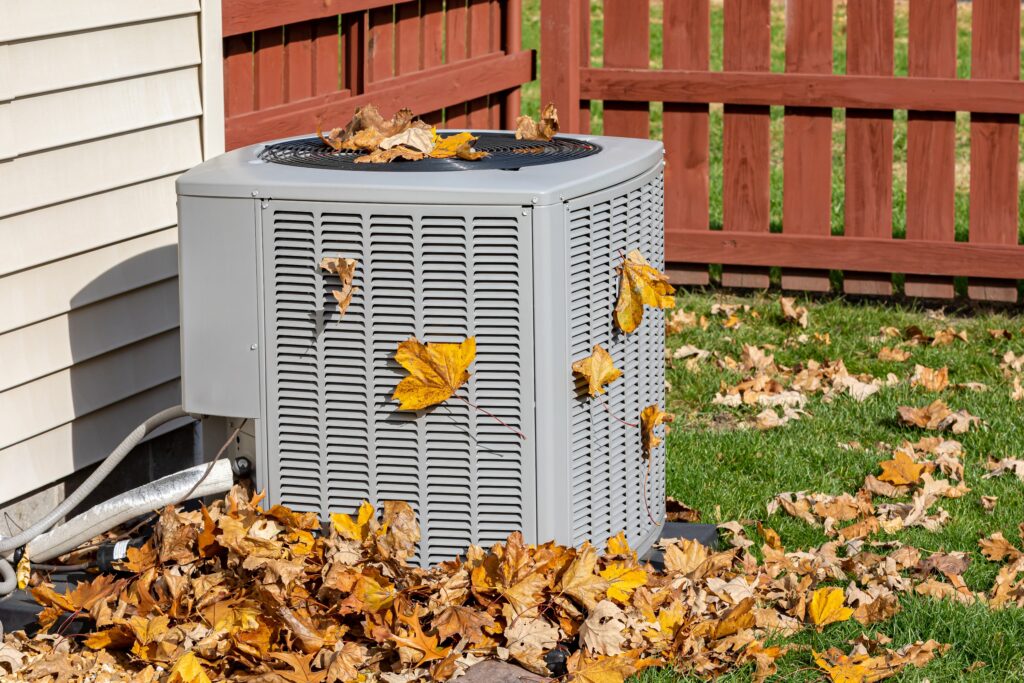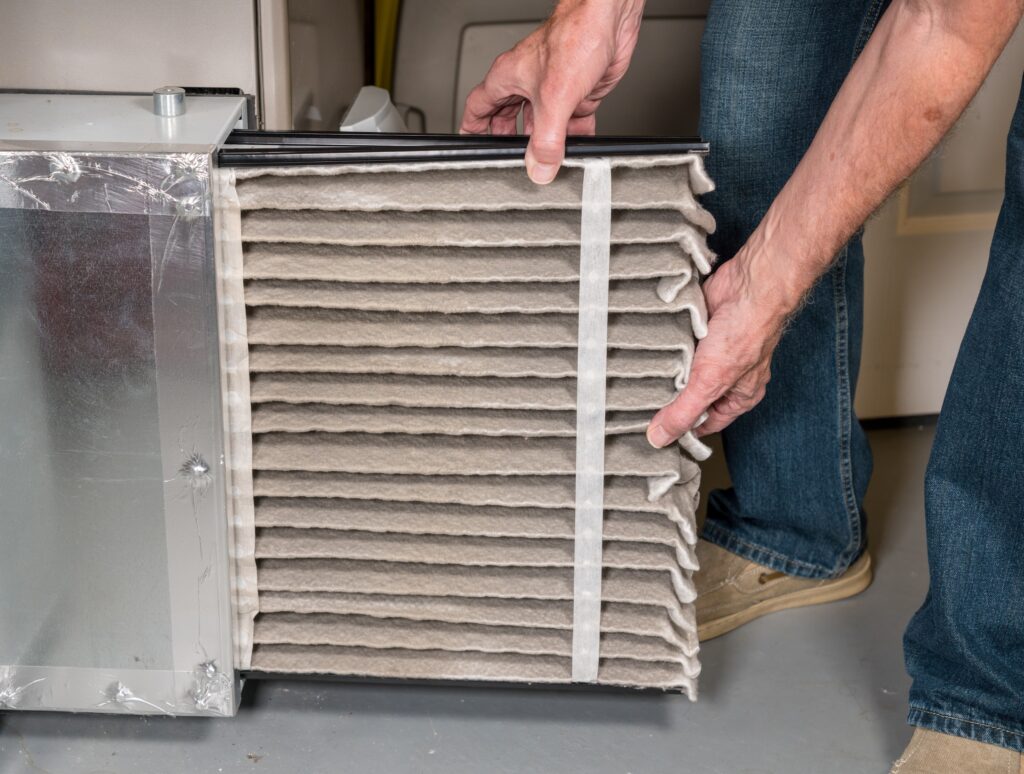The Electrical Hazards To Watch Out For Before It’s Too Late
Most electrical problems don’t start with a dramatic spark or smoke. The real danger is usually hidden behind walls, creeping through outdated wiring, failing outlets, and overloaded circuits. If you’re waiting for a big, obvious warning sign, you’re already too late. The good news? You don’t have to guess if your electrical system is safe. Here are the signs you have to look for.
1. Your Electrical Panel Is Not Keeping Up
Your electrical panel might still function, but that doesn’t mean it’s keeping up. Many homes and commercial buildings are pushing twice the electrical demand that their panels were designed for. That extra strain can lead to overheating, failing circuits, and silent fire hazards.
How to Know If Your Panel Is Outdated:
- Your lights dim when you turn on an appliance.
- You have to reset breakers constantly.
- Your panel is hot to the touch or smells like burnt plastic.
- Your home still has a 100-amp service panel, which isn’t enough for today’s power needs.
Why This Matters: Electrical panels are built to distribute electricity safely, but if they’re struggling, they can overheat and cause internal wire damage—something you won’t see until it’s too late.
Solution: If your home or building is more than 30 years old, it’s time to have an electrician assess your panel. Upgrading to a modern 200-amp panel can handle today’s energy demands and prevent major electrical failures.
2. Aluminum Wiring: The Problem You Didn’t Know You Had
From 1965 to 1973, homebuilders used aluminum wiring instead of copper. It was cheaper. But what they didn’t know then was that aluminum wiring loosens, corrodes, and overheats—leading to 55 times more fire risks compared to copper wiring.
How to Tell If You Have Aluminum Wiring:
- Your home was built between 1965-1973.
- Your outlets and switches feel hot to the touch.
- Your lights flicker even after replacing bulbs.
What You Can Do: Full rewiring can be expensive, but there’s another option. Electricians can install different connectors to safely transition your aluminum wiring into safer copper connections.
3. Power Surges Are Killing Your Appliances
Think power surges only happen during storms? Think again. Most power surges come from inside your home—caused by large appliances like HVAC systems, refrigerators, and washing machines cycling on and off.
Signs That Power Surges Are Happening in Your Home:
- Your TVs or computers randomly shut off or restart.
- Your light bulbs burn out faster than usual.
- There’s a burning smell near your breaker panel.
What You Can Do: Plugging appliances into surge protectors is a start, but whole-home surge protectors are the real solution. They absorb excess voltage before it can fry your expensive electronics.
4. A Dead Outlet Is a Fire Risk
Ever plug something in and nothing happens? Most people ignore dead outlets, but they can be a warning sign of melted wires, failing circuits, or electrical fires forming inside the walls.
How to Tell If an Outlet Is Dangerous:
- You hear a popping sound when plugging something in.
- There’s a burning smell near the outlet.
- The outlet works one day and stops working the next.
What You Can Do: Stop using the outlet immediately. Call an electrician to inspect for hidden outlet wiring issues before it turns into something much worse.
5. Your Wiring Is Older Than Most of Your Appliances
Most people assume that if their outlets and lights are working, their wiring must be fine. Wrong. Electrical wiring has a lifespan, and homes built before 1970 may still have cloth-insulated or knob-and-tube wiring, which is highly flammable and not grounded properly.
How to Know If Your Wiring Is Outdated:
- Your outlets only have two prongs instead of three.
- You hear buzzing sounds behind walls.
- Your breaker trips when using multiple appliances.
What You Can Do: If your home is older than 50 years, have an electrician perform a full wiring assessment. Rewiring doesn’t have to happen all at once—you can start with critical areas like the kitchen, bathrooms, and main circuits.
What to Do Next: Stop Ignoring the Warning Signs
Most electrical problems don’t happen overnight. They build up slowly until something bad happens. Whether it’s your panel fails, an outlet catches fire, or a surge destroys your expensive electronics, issues can arise fast. The good news? You can prevent all of it.
- Schedule an electrical safety inspection—especially if your home is older than 30 years.
- Upgrade outdated panels to prevent hidden overheating.
- Install a whole-home surge protector to protect appliances and smart devices.
- If you suspect aluminum wiring, have an electrician check your connections.
Heart of Ohio’s licensed electricians specialize in uncovering hidden electrical dangers before they cause expensive damage. Call us today to schedule an inspection and keep your home or business safe.
Contact Us
Contact


The Benefits of Combining Companies
The best of each company; the potential to grow
- An expanded service area
- Faster 24/7 service
- More efficient manpower on projects
- Technicians who have been trained in specialty services
- All home services under one name







